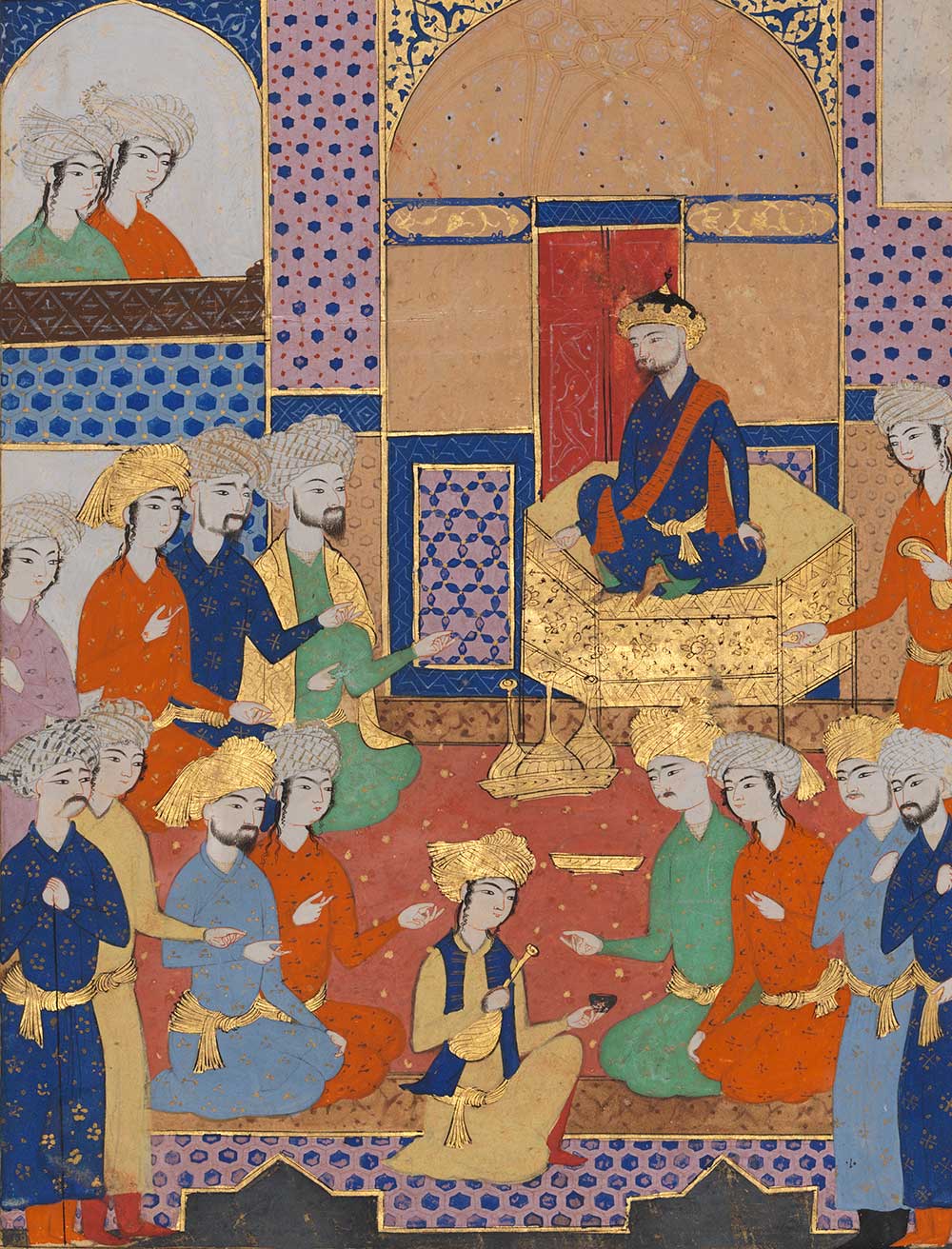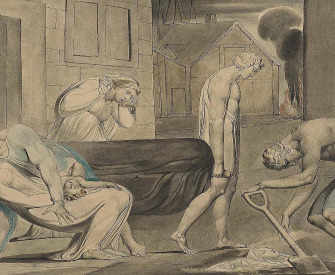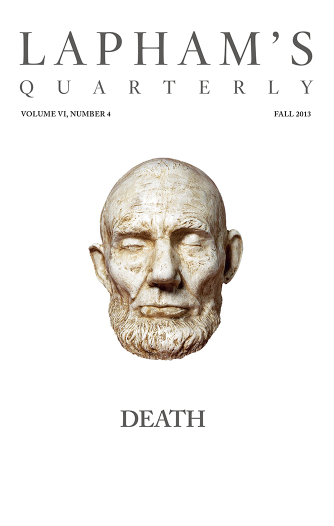I am weary of friends, and friendships are all monsters.
—Jonathan Swift, 1710Asking for a Friend
Advice from Captain Awkward.
Dear Captain Awkward,
The postpandemic social whirlwind has already started to arrive for me. I work in health care and just received my vaccine. Lots of my extended social circle works in health care, too, and with the latest news, lots of vaccinated people are contemplating going back to the old times.
I want to hang out with a lot of people I’ve missed, but at the same time, I am finding myself becoming very angry at those who didn’t keep in touch.
Some background—I started the pandemic living alone and single but very happy with my life. I loved my job and was part of three social groups. My weekends were jam-packed, and I was constantly turning down invites to hang out. That all came to a grinding halt when the pandemic hit. While the first two months were filled with Zoom happy hours I arranged, people eventually stopped showing up.
And then I just stopped trying and realized that only a few people made the effort to keep in touch with me. I went from regularly seeing around twenty people socially and talking to a close group of six friends daily in a group chat to only seeing two friends regularly (socially distanced outside) and keeping in touch with another two over text. I feel like everyone else just forgot about me. I’m in my early thirties, and most of my friends just became subsumed with their boyfriends or husbands.
I was so lonely, too, especially since the pandemic made working as a nurse so tough. I am really bitter that people I thought would keep in touch or just text to check up on me didn’t. Also some people who did were not helpful and downright rude at times. A friend who lives with her husband and kids straight up told me I should be thankful to be living alone during the pandemic because it was way harder for her. I wanted to empathize, but I also haven’t had sex in over a year or even hugged someone in like nine months, so I just never replied to her.
A few days ago, I received my final vaccine and posted it on social media. Two separate friends whom I haven’t spoken to in more than six months reached out as if we had been talking daily and wanted to see if I wanted to hang out, since they also have their vaccines.
My first reaction was to want to swear at them, so I just haven’t responded. I’m weak and part of me wants to just text them back as if nothing happened. I miss them so much and want to go back to the old times! However, I still haven’t texted them, because part of me feels like if they couldn’t be there for me during the pandemic, then why should I even be friends with them? And I am feeling this lingering anger toward them. If we did get together, I don’t know how I would act. Help! All the feelings!
Best,
The Angry Postpandemic Party Pooper
Hello Angry Party Pooper!
I’ve been thinking about what happens when we can all get together safely again, and I’ve been thinking about your letter nonstop since I read it.
There are things I do not know how to forgive. Most of these are political and involve failures of leadership: people who had power to make things better and allowed incompetence, indifference, greed, and cruelty to make it worse.
Some are personal. I have a pretty large “Everybody is fighting their own hard battle, everyone has to decide their own risk tolerance, and if I see something I don’t like or understand, there’s probably information I don’t know” zone, but it shriveled noticeably every time a “Don’t worry so much, we’re being safe!” reassurance accompanied a “fun” group event photo with no masks in sight.

Detail of a miniature from a sixteenth-century edition of Muhammad Khwandamir’s Friend of Biographies. Los Angeles County Museum of Art, Nasli M. Heeramaneck Collection, gift of Joan Palevsky.
There are connections that I failed to nurture. The number of people I could check in with regularly by phone or text, the amount of focus I had to prioritize relationships outside my immediate household and a handful of close family and friends shrank, to the point that I didn’t just ghost on other people’s online happy hours, I ghosted on online get-togethers I started for these purposes. One day I couldn’t log in, literally, at first when I forgot my password, and then the one I reset, and then the four or five after that. The more days that went by like that, the more shame I felt, and the more unbearable it felt to return.
The ways I was used to showing up for people, like meeting out and about in the city, seeing friends’ shows, closing down cafés with long chats, cooking big batches of things and throwing open the doors to whoever’s free tonight, babysitting friends’ kids, movie and game nights, the ways spending time with friends had been a break from typing out my thoughts, those all dried up. Friendships have varying degrees of closeness and reciprocity; they run on a mix of affection and habits that depend a whole lot on context. It doesn’t surprise me that friendships that were built around regular group gatherings or social scenes didn’t organically translate to mutually satisfying bilateral relationships where everyone checks in with everyone else a certain mutually agreed upon amount.
In that way, maybe I’m like your friends. Not the one who told you to be “thankful” (ouch), but I can see myself in the paradox between “Could not reliably initiate or maintain texting for a solid calendar year in the absence of whatever context we usually enjoy each other’s company” and “The moment it is safe to gather in person, I will meet you, anywhere, anytime, and hug you until I hear a crunching sound.” In between those extremes is a whole lot of variation, and if we didn’t have the kind of relationship where we talked on the phone or texted frequently to check in or “just because” prepandemic, chances are that we didn’t form one in the meantime. That means some people were left out.
That absence, the ache of it, that Year of Nothing where connection and community used to be, reveals a painful map of everyone’s limitations, including a web of cracks and downright chasms that not every friendship will bridge. With that in mind, my advice for you is: Cultivate the relationships you want to keep. Let the ones you don’t continue drifting until they reach the amount of interaction that is comfortable and easy for you to maintain, which might be “none.”
As for the current crop of people who want to hang out, do you want to see them? They jumped on the prospect of making some plans, so clearly they want to see you. Maybe you’re still too angry to answer that today, so let’s look ahead: In a year do you ideally still see yourself being friends with these people? If the answer is yes, what would it mean to cultivate the friendships?
One start would be saying yes to plans as they come in, and seeking out people you miss, as you have time and energy. You’ve got to start somewhere.
Another would be mentally separating each individual friend from the monolithic idea of “nobody” keeping in touch. Some people did keep in touch, so prioritize them now. When one particular friend asks you to tea, remember that she’s not responsible for all the people who didn’t, so what does punishing her about “everyone’s” failure or making her the focus of your anger about that really get you?
A third step would be coming up with your own default assumption to the question of “Why?” Why didn’t more people call you, check on you, ask how you were doing, text back? There is no satisfying answer, and certainly no fair answer, but a generous assumption is that they were overwhelmed with their own problems, responsibilities, sadness, grief, isolation, overwhelmingness, and inertia.
Why are they getting in touch all of a sudden? Assume that they like you, they want to see you, and they have gained the ability to follow through in a way that they couldn’t before. When someone who loses touch for a while in the thick of it tries to make plans the second they feel safe enough, that might not be a story about abandonment.
If you choose to adopt those default assumptions, they might take you a long way toward finding a way to be around people again without going off.
A fourth step would be finding ways to be honest about your feelings and needs without couching it as an accusation. There’s no good way to argue with any version of “Well, if you really cared about me, then you would have already done what I needed.” It’s one of those things that becomes self-fulfilling as soon as it’s said aloud. It makes people instantly defensive, and pointing out technicalities like “I did not know what you needed and actually cannot read your mind” only makes everyone more angry.

The Personification of Friendship Encouraging the Lover, miniature from a c. 1405 edition of the Romance of the Rose. The J. Paul Getty Museum, Los Angeles, digital image courtesy of the Getty’s Open Content Program.
You don’t have to swallow or hide your anger. “I felt really lonely and cut off from people, and sometimes it’s hard to let go of how angry and isolated I felt and get as excited as I should be to see people again.” That is a true statement. “Are we going to pick up right where we left off or…? I’m glad to see you but I don’t know how to do any of this anymore” is a way to start digging into what friendship needs to be. “Why the hell should I hang out with you now, when you weren’t there for me then?” can be true, and maybe it needs to be said in some cases, but before you do, count to ten and think: Is your anger more about this specific person or the whole situation? Is there even an answer to that question that would make you feel better?
When all else fails, you can declare “bygones.” Long ago a friend did something that really hurt my feelings, and I was angry at her, legitimately so. After the apologies, as we tried to resume normal relations, I took this anger out on her, a lot. I was still pissed off. I wanted justice that was never coming. I wanted the whole thing to not have happened, but I couldn’t let it go. So I kept picking at it, whenever we interacted, circling through all the issues and reasons again, or throwing out little barbs and reminders that I was the wronged party. Finally, she said, “Do you still want to be my friend or not? I understand if you don’t, but if you do, you can’t be mean to me about this anymore. We have to declare bygones and leave it in the past.” She was right. I had to choose, future or past, friendship or nursing the anger. I chose the friendship and never regretted it. But if I’d chosen to end it, that would have better than continuing as we were. Find a way to move on together, or find a way to let go. #Bygones.
Cultivating social ties might mean different steps for you, or a different order of operations, than it does for others, but the question at each step is the same: What do you love about this person? Do you want to see this person, to have them in your life, from this point forward? Is this a friendship you are invested in keeping?
If yes, it’s okay to still feel your anger (as if you could help it anyway).
But try to lead with the love.
From “#1318: Pissed Off During the Post-Pandemic Party Because Nobody Kept in Touch,” Captain Awkward, March 13, 2021. Copyright © 2021 by Jennifer Peepas. Used with permission of the author.
Captain Awkward
From a March 2021 advice column. Called the “Marie Kondo of breakups,” Captain Awkward, the pseudonym of Chicago writer Jennifer Peepas, began her advice-column blog in 2011. The following year, her post titled “My friend group has a case of the Creepy Dude. How do we clear that up?” went viral and prompted intense discussion about consent and rape culture. Her fan base, a worldwide network of “Awkwardeers,” host regular meetups and their own spin-off discussion site. Peepas is the author of a forthcoming collection of advice columns from St. Martin’s Essentials.



